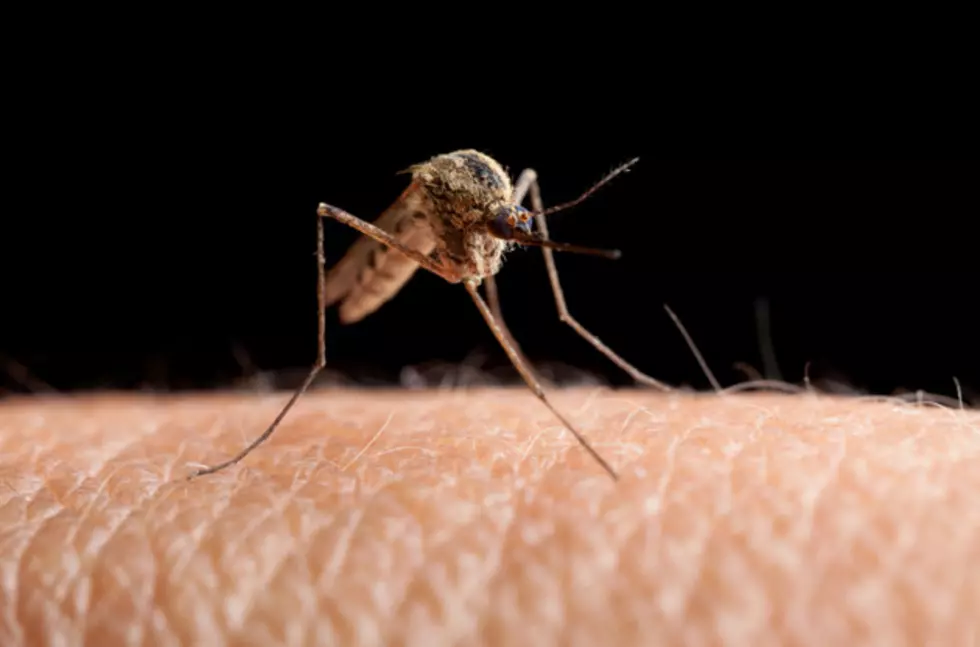
Protect Yourself From West Nile Virus
In Benton County there have been two positive cases of West Nile Virus (WNV) in birds this year, none reported in humans. Overall, 4 cases in humans in the United States have been reported; 2 that were neuroinvasive and two that were non-neuroinvasive.
WNV is not spread by direct contact with infected people or animals but rather, it is most commonly spread through the bite of an infected mosquito.
The risk of being infected with this disease is very low but, higher rates of becoming seriously ill are seen in older people because they are more susceptible to disease. According to the Washington Department of Health only 1 in 5 people who become infected with the disease will have mild symptoms and only 1 in 150 people infected will have serious symptoms including neuroinvasive symptoms. Most people infected will have no symptoms at all and build up immunity to it very quickly.
For West Nile Virus to progress into a neuroinvasive disease some risk factors play in. According to the Centers for Disease Control and Prevention, those at higher risk are males, the elderly, and people with diabetes or hypertension.
The best way to protect yourself is by taking precautions to keep mosquitos away by using bug repellant and protective clothing, especially between June through September when cases are most prevalent. There is a vaccine for horses but no vaccine yet for humans.
In past years, it has also been worrisome for blood recipients because WNV can be transmitted through blood and organ transplants when donors don’t even realize they have the virus. Research is being done to reduce the risk of letting this disease slip through in blood transfusions and to alleviate this problem.
More From 98.3 KEYW









